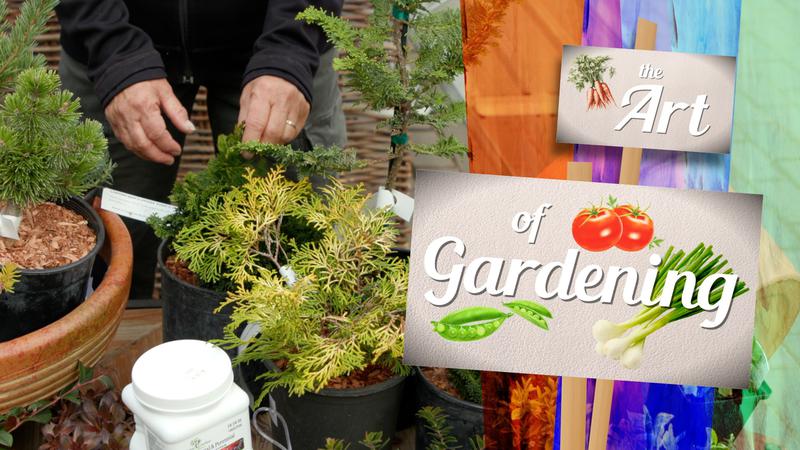How I learned to like the monarchy
KAMLOOPS — As a ten-year-old, I was eager to see Princess Elizabeth when she visited Edmonton in 1951; a year before she became Queen. My parents and I lined the street along with hundreds of other Edmontonians to catch a glimpse of her, only a few blocks from where I lived.
I didn’t know anything about the monarchy. I probably would have been as enthused if she was a Disney princess. My parents probably understood the celebratory mood better. The pretty young princess and heir-apparent to the throne embodied both celebrity and power.
Older, I admired countries that had shed monarchies like the Republic of France with their evocative motto “Liberty, Equality, Fraternity.” I wanted Canada to be more like The Republic of the United States, our exuberant neighbour to the south.
Despite reservations about the monarchy, I liked the fact that Canada is part of a club: the Commonwealth of Nations of which Elizabeth is head. The motto of “free and equal” suited my sensibilities. In my twenties, I fancied myself as a citizen of the world. Since the Commonwealth spans the globe with 52 member states and one-third of the world’s population, it was a club worth exploring.


